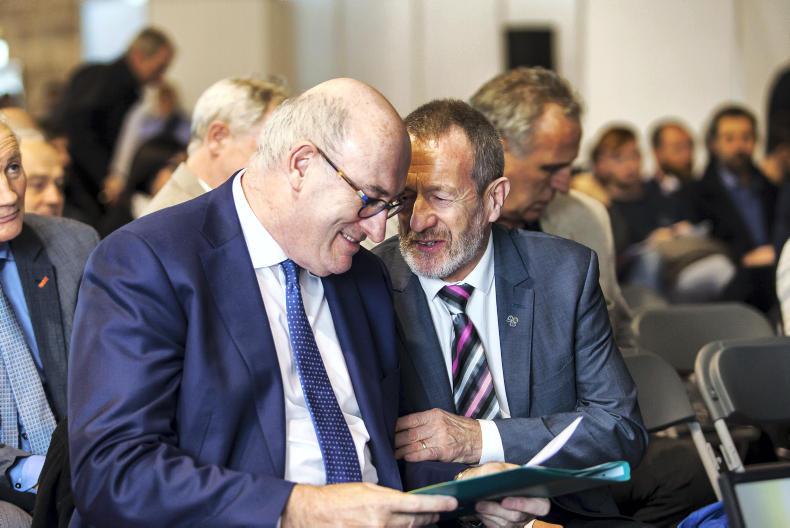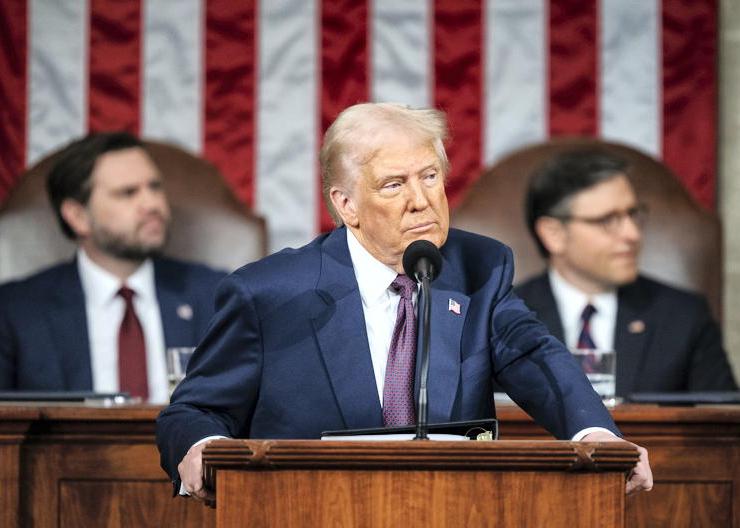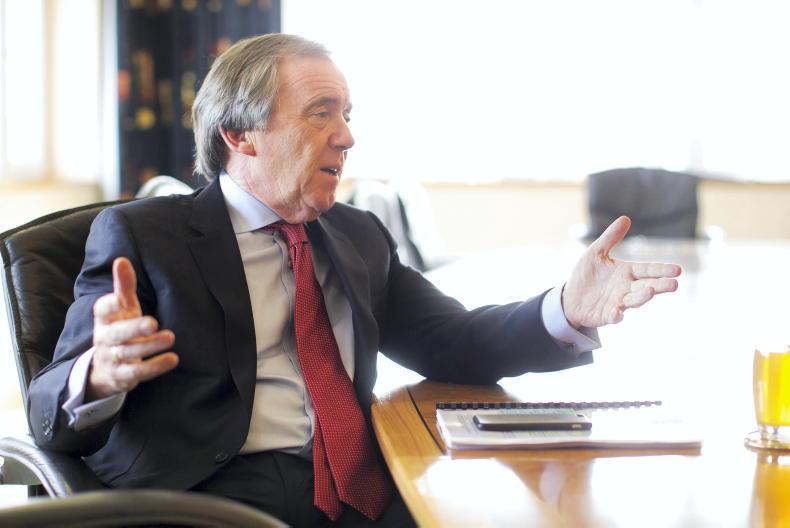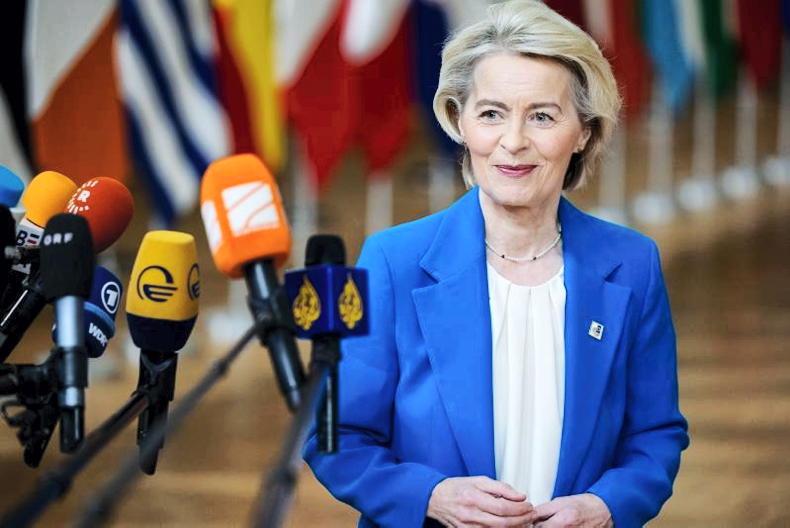The agreement made at European Parliament and Council will replace the proposed target of 27% set out by the European Council and the European Commission.
Transport
The transport sector accounts for nearly one-quarter of greenhouse gas emissions in the EU but by using a mix of renewable energy this can be greatly reduced, MEP Kelly said.
“Member states will now aim for a target of 14% renewable energy in the transport sector, which includes incentives for electric vehicles and advanced biofuels.”
The deal will secure investment for the production of biofuels, which has been thrown into doubt recently following the European Commission's proposed phasing out of such fuels.
“Our agreement puts an obligation on member states to get levels of advanced bio-fuels in the mix to 0.2% in 2022, 1% in 2025 and 3.5% in 2030.”
Incentives for consumers
The agreement will encourage consumers to not only switch to renewables but generate and sell their own electricity with the support of their government and by participating in renewable energy communities.
These communities will aim to “put the ownership and control of wind farms, for example, into the hands of the local population,” MEP Sean Kelly said.
These targets will be reviewed in 2023 and adjustments will be made to see if the union can enhance its renewable energy ambitions at the set date.
Read more
What farmers can do to tackle climate change
€160m wind farm to be built in Mayo
The agreement made at European Parliament and Council will replace the proposed target of 27% set out by the European Council and the European Commission.
Transport
The transport sector accounts for nearly one-quarter of greenhouse gas emissions in the EU but by using a mix of renewable energy this can be greatly reduced, MEP Kelly said.
“Member states will now aim for a target of 14% renewable energy in the transport sector, which includes incentives for electric vehicles and advanced biofuels.”
The deal will secure investment for the production of biofuels, which has been thrown into doubt recently following the European Commission's proposed phasing out of such fuels.
“Our agreement puts an obligation on member states to get levels of advanced bio-fuels in the mix to 0.2% in 2022, 1% in 2025 and 3.5% in 2030.”
Incentives for consumers
The agreement will encourage consumers to not only switch to renewables but generate and sell their own electricity with the support of their government and by participating in renewable energy communities.
These communities will aim to “put the ownership and control of wind farms, for example, into the hands of the local population,” MEP Sean Kelly said.
These targets will be reviewed in 2023 and adjustments will be made to see if the union can enhance its renewable energy ambitions at the set date.
Read more
What farmers can do to tackle climate change
€160m wind farm to be built in Mayo









SHARING OPTIONS